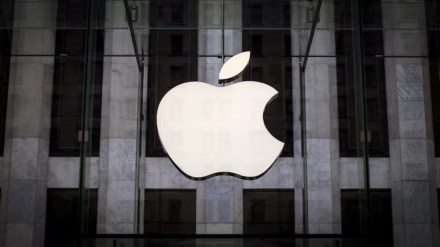Apple has removed yet another commercial from its platforms, its fourth in just over a year, raising fresh questions about the tech giant’s evolving approach to advertising.
The latest ad, titled “The Parent Presentation”, featured comedian Martin Herlihy humorously coaching students on how to persuade their parents to buy them a Mac for college. The nearly eight-minute-long video went live on Friday but was taken down by Saturday from both YouTube and Apple’s dedicated webpage for college students. Apple has not issued a public explanation for the removal.
The ad was accompanied by a downloadable 81-slide Keynote presentation titled “45 Reasons to Get a Mac for College”, which remains available on Apple’s website.
While the advertisement did not spark widespread backlash like some of Apple’s previous pulled campaigns, a few social media users described it as “cringe” or expressed confusion over its intended audience. Still, criticism was mild compared to earlier incidents.
In May 2024, Apple issued an apology and removed its “Crush!” iPad Pro ad, which showed a hydraulic press destroying creative tools like a piano and record player — a metaphor that some artists and musicians found tone-deaf. Later that year, the company also removed a ten-minute workplace comedy ad called “Out of Office OOO” after Thai viewers and lawmakers criticised its portrayal of the country.
In March 2025, a Siri ad featuring actor Bella Ramsey was taken down after viewers complained that it misleadingly showcased AI capabilities not yet available on Apple devices.
This string of pulled campaigns is a notable departure from Apple’s historically bold and carefully crafted advertising efforts, from the iconic “Think Different” campaign to the silhouette iPod commercials. The back-to-back removals suggest a shift towards more cautious decision-making, possibly driven by a heightened sensitivity to online criticism and public sentiment.
Although the reasons for taking down “The Parent Presentation” remain unclear, the swift removal of a relatively tame and lightly mocked ad may point to deeper internal concerns over brand perception in an increasingly vocal digital landscape.
